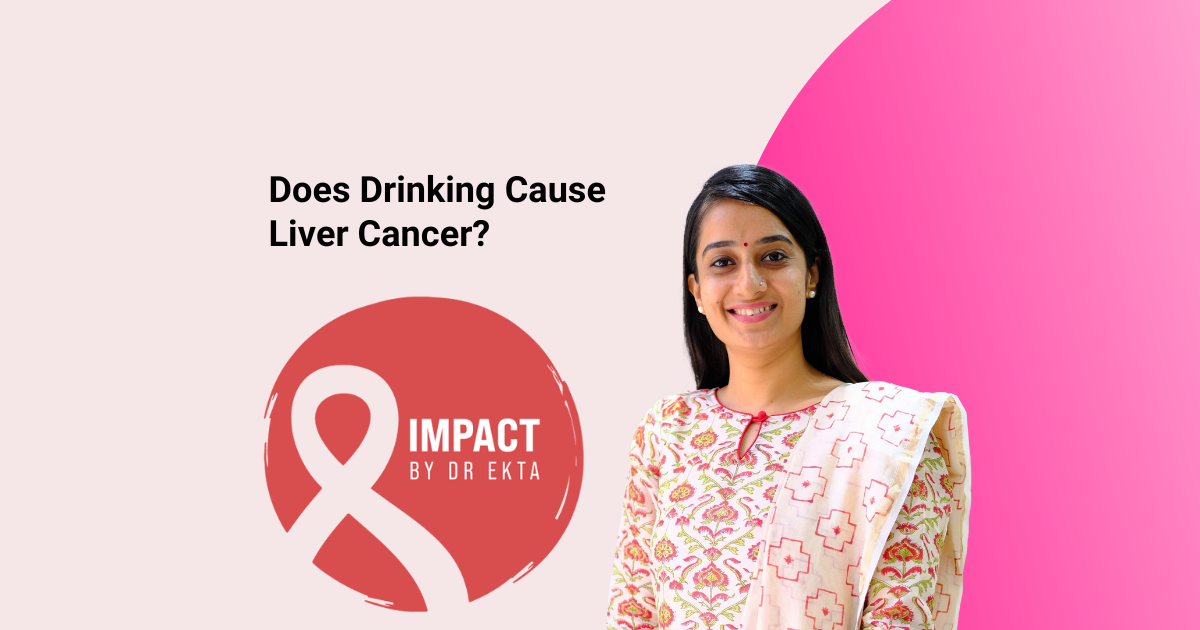Alcohol consumption is a common practice worldwide, but its association with various health risks, including liver cancer, is a growing concern. Understanding how alcohol contributes to liver cancer development is crucial for making informed decisions about drinking habits.
How Alcohol Affects the Body
Alcohol impacts multiple organs and systems in the body, leading to both immediate and long-term health consequences.
- Liver Damage:
- Excessive alcohol intake can lead to fat accumulation, inflammation, and scarring in the liver.
- Chronic damage may progress to cirrhosis, significantly increasing the risk of liver cancer.
- Digestive System Issues:
- Alcohol can irritate the stomach lining, leading to ulcers and acid reflux.
- It interferes with nutrient absorption, causing deficiencies that weaken the immune system.
- Cardiovascular Problems:
- Heavy drinking can cause high blood pressure, cardiomyopathy (stretching and drooping of heart muscle), arrhythmias (irregular heartbeat), and an increased risk of stroke.
- Heavy drinking can cause high blood pressure, cardiomyopathy (stretching and drooping of heart muscle), arrhythmias (irregular heartbeat), and an increased risk of stroke.
- Brain Function Impairment:
- Alcohol affects neurotransmitter function, leading to memory loss, coordination issues, and long-term cognitive decline.
- Alcohol affects neurotransmitter function, leading to memory loss, coordination issues, and long-term cognitive decline.
- Weakened Immune System:
- Heavy alcohol use reduces the body’s ability to fight infections and heal from injuries.
Myths Associated with Alcohol Consumption
Several misconceptions about alcohol and its relation to liver cancer persist:
- Myth: Moderate Drinking is Harmless:
- Fact: Even light to moderate alcohol consumption can increase the risk of liver cancer.
- Fact: Even light to moderate alcohol consumption can increase the risk of liver cancer.
- Myth: Only Hard Liquor Affects the Liver:
- Fact: All types of alcohol, including beer and wine, contain ethanol, which can lead to liver damage with excessive consumption.
- Fact: All types of alcohol, including beer and wine, contain ethanol, which can lead to liver damage with excessive consumption.
- Myth: Drinking Coffee Can Reverse Liver Damage:
- Fact: While some studies suggest that coffee may have protective properties for the liver, it does not counteract the damage caused by excessive alcohol consumption.
- Fact: While some studies suggest that coffee may have protective properties for the liver, it does not counteract the damage caused by excessive alcohol consumption.
- Myth: Liver Damage Only Occurs After Many Years of Drinking:
- Fact: Liver damage can start early, especially in those who binge drink or have pre-existing liver conditions.
Alcohol and Liver Cancer Risk Factors in the Long Run
Regular and excessive alcohol consumption increases the risk of liver cancer through several mechanisms:
- Chronic Liver Inflammation:
- Persistent alcohol-induced inflammation leads to liver cell damage and mutations, increasing cancer risk.
- Cirrhosis Development:
- Cirrhosis, a condition where liver tissue becomes scarred, significantly raises the likelihood of developing liver cancer.
- Increased Production of Acetaldehyde:
- Alcohol metabolism produces acetaldehyde, a toxic compound that can cause DNA damage and mutations.
- Nutrient Deficiencies:
- Heavy drinking leads to deficiencies in key nutrients like vitamins A, B, and D, weakening liver function and promoting cancer development.
- Weakened Detoxification Process:
- The liver’s role in filtering toxins is impaired, allowing harmful substances to accumulate and contribute to cancer formation.
Effects of Alcohol on Other Organs
Beyond the liver, alcohol adversely affects various organs:
- Pancreas:
- Alcohol triggers inflammation of the pancreas, leading to pancreatitis and an increased risk of pancreatic cancer.
- Alcohol triggers inflammation of the pancreas, leading to pancreatitis and an increased risk of pancreatic cancer.
- Heart and Blood Vessels:
- Excessive drinking contributes to high blood pressure, heart disease, and stroke risk.
- Excessive drinking contributes to high blood pressure, heart disease, and stroke risk.
- Kidneys:
- Alcohol disrupts fluid balance, leading to dehydration and increased stress on kidney function.
- Alcohol disrupts fluid balance, leading to dehydration and increased stress on kidney function.
- Reproductive System:
- In men, alcohol reduces testosterone levels, leading to fertility issues.
- In women, it disrupts menstrual cycles and increases the risk of breast cancer.
Conclusion
Alcohol consumption, especially in excessive amounts, is a major risk factor for liver cancer and other health complications. Understanding how alcohol impacts the liver and other organs can help individuals make healthier lifestyle choices. Reducing alcohol intake, maintaining a balanced diet, and undergoing regular health screenings are crucial steps in preventing liver-related diseases. For those at risk, consulting a healthcare professional can provide personalized guidance on reducing alcohol-related health risks.

